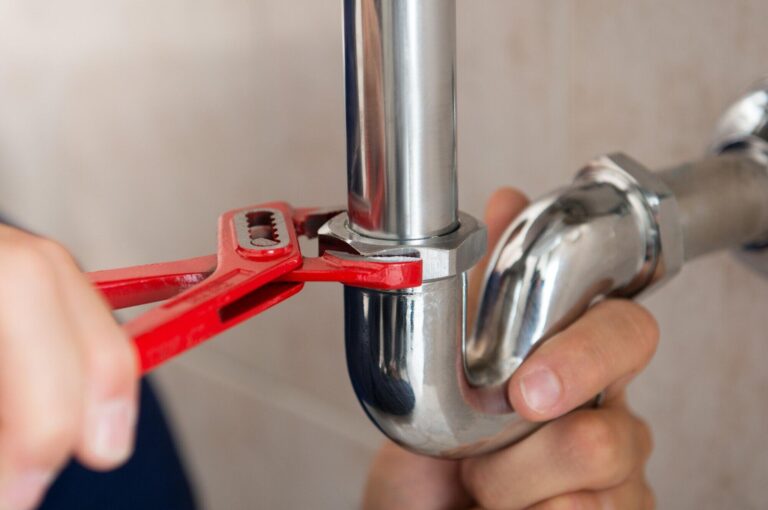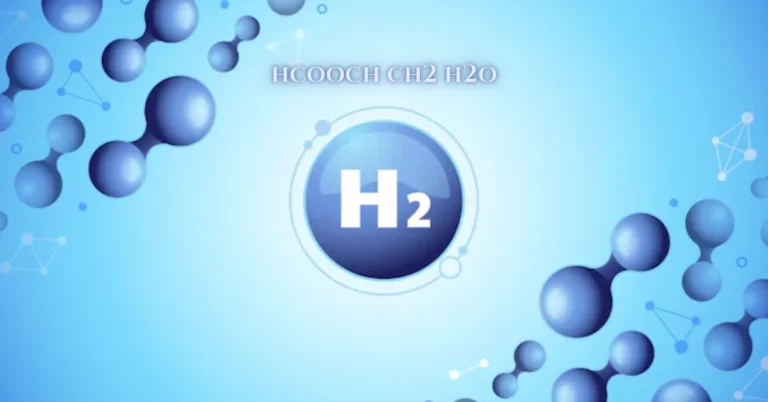Maintaining a clean vehicle isn’t just about aesthetics; it plays a critical role in preserving your car’s health, safety, and value over time. In today’s fast-paced world, many drivers overlook the importance of regular car washes, assuming it’s a superficial task. However, consistent cleaning offers a multitude of benefits that can save you money and enhance your driving experience. This comprehensive guide explores why regular car washes are essential, how often you should wash your car, the different types of washes available, and the best practices to keep your vehicle in top shape.
Why Regular Car Washes Are Essential
Protects the Car’s Exterior
The exterior of your vehicle faces daily assaults from dirt, mud, road grime, and environmental pollutants. These elements, if left unattended, can lead to significant damage.
- Removal of dirt, mud, and road grime: Washing regularly ensures these materials do not sit on your vehicle’s surface, which can cause lasting harm.
- Prevention of paint damage and scratches: Built-up debris can scratch or dull your paintwork when rubbed in or during sudden impacts.
- Reduces corrosion and rust formation: Dirt and moisture trapped on the surface can accelerate rust, especially in areas with salty roads during winter.
By investing in regular car washes, you help maintain a protective barrier over your vehicle’s paint, prolonging its pristine appearance and structurally sound exterior.
Enhances Vehicle Longevity
A clean vehicle is less prone to premature aging and deterioration.
- Maintaining the integrity of paint and bodywork: Proper cleaning prevents contaminants from weakening paint layers, which can lead to peeling or fading.
- Preventing premature wear and tear: Dirt and grime can cause abrasive damage over time, leading to costly repairs.
Consistent car washing routines keep your car looking new longer and help delay the need for extensive repairs.
Improves Safety
Clean vehicles aren’t just about looks—they directly influence safe driving conditions.
- Clear visibility through clean windows and mirrors: Dirt, smudges, and salt can obscure your view, increasing risk during driving, especially in bad weather.
- Removing debris that could impair headlights and taillights: Obstructed lights reduce visibility for other drivers and may lead to accidents.
Adopting a routine of regular car washes ensures your vehicle’s lighting and visibility components remain unobstructed and functional.
Boosts Resale Value
A well-maintained, consistently cleaned vehicle maintains a higher market value.
- Keeps the car looking new and well-maintained: A spotless exterior signals to buyers that the vehicle has been cared for.
- Easier to sell a clean, well-cared-for vehicle: First impressions matter, and a clean car can fetch a better price.
Thus, regular car washes aren’t just about appearance—they’re a smart investment in your vehicle’s future resale prospects.
Benefits of Consistent Car Washes
Aesthetic Appeal
Nothing compares to a shiny, clean car that gleams under the sun. Regular washes help maintain:
- Shiny and attractive appearance: Removing dirt and grime keeps your paint vibrant.
- Original color vibrancy: Prevents fading caused by environmental pollutants.
Cost-Effectiveness
Preventing damage through proper cleaning saves money in the long run.
- Prevents costly repairs due to corrosion or paint damage: Regular cleaning reduces the need for repainting or rust repairs.
- Extends the lifespan of exterior parts: Maintaining a clean surface minimizes wear on components like windshield wipers and moldings.
Environmental Advantages
Properly managed car washes contribute to environmental health:
- Reduced pollution from wash water: Many professional washes recycle and treat water.
- Less reliance on harsh chemicals and aggressive cleaning methods: Eco-friendly products are available, protecting waterways.
How Often Should You Wash Your Car?
General Recommendations
Most experts suggest washing your car every 1-2 weeks to maintain optimal condition. However, this can vary depending on several factors.
Factors Influencing Frequency
- Climate and weather conditions: Cars in rainy or snowy regions may need more frequent washes due to mud or salt.
- Living in areas with salt in winter: Salt accelerates corrosion; thus, more regular washing is recommended.
- Exposure to pollution or road debris: Urban environments with higher pollution levels necessitate frequent cleanings.
- Usage patterns: Drivers who frequent dirt roads or carry cargo that dirties the vehicle should wash more often.
To stay ahead, consider inspecting your vehicle weekly and adjusting your cleaning schedule accordingly.
Types of Car Washes
Manual Car Wash
Involves hand washing techniques that can be tailored to your car’s needs.
- Pros: Customizable, gentle on paint, allows attention to detail.
- Cons: Time-consuming, requires proper products and skills.
- Recommended products: pH-balanced shampoos, microfiber cloths, soft brushes.
Automatic Car Washes
Popular for convenience, available at many service stations.
- Types: Touchless (using high-pressure water and detergents without brushes) and soft-cloth (using foam brushes).
- Advantages: Quick, easy, suitable for routine cleaning.
- Potential risks: Some brushes or inadequate maintenance can cause paint scratches or swirl marks. Always research and use reputable facilities.
Self-service Car Wash Stations
Have coin or card-operated bays where you can wash your car manually with high-pressure sprayers and soap dispensers.
- Benefits: You control the cleaning process, can use specific products, and often pay only for the time used.
Best Practices for Regular Car Washing
Pre-wash Preparations
- Rinsing off loose dirt: Use a high-pressure nozzle to remove surface debris before scrubbing.
- Checking for damages or loose parts: Ensures your vehicle is safe to wash without risking further issues.
Choosing Appropriate Cleaning Products
- pH-balanced shampoos: Maintain paint finish and prevent stripping protective coatings.
- Avoid harsh chemicals: Household cleaners may damage paint and trim.
- Use microfiber cloths and soft brushes: Prevent scratches and swirl marks during cleaning.
Proper Washing Technique
- Start from the top: Wash roof and windows first, then move downwards.
- Gentle scrubbing: Use soft strokes to avoid paint damage.
- Thorough rinsing: Remove all soap residues to prevent streaks or spots.
Drying and Finishing Touches
- Use microfiber towels: Absorb water efficiently without scratching surfaces.
- Applying wax or sealants: Adds an extra layer of protection and enhances shine.
Additional Tips for Effective Maintenance
- Regularly clean undercarriage and wheel wells to prevent buildup of dirt and salt.
- Address bird droppings and tree sap promptly; they can damage paint if left long.
- Ensure windows and mirrors are streak-free for better visibility.
Common Mistakes to Avoid
- Using harsh brushes or household cleaners: They can cause micro-scratches or paint damage.
- Washing in direct sunlight: Leads to water spots and streaks.
- Neglecting to clean the undercarriage: Can cause corrosion and compromise vehicle safety.
Summary Table: Key Aspects of Regular Car Washes
| Aspect | Details |
|---|---|
| Frequency | Every 1-2 weeks; more often in harsh climates or heavy pollution areas |
| Benefits | Protects paint, prevents rust, enhances safety, maintains value |
| Types | Manual, automatic (touchless/soft-cloth), self-service stations |
| Best Practices | Pre-rinse, use proper products, wash top to bottom, dry carefully, apply wax |
| Common Mistakes | Harsh chemicals, washing in sunlight, neglecting undercarriage |
Frequently Asked Questions (FAQs)
1. How often should I wash my car during winter?
It’s advisable to wash your car every week or after snowstorms to remove salt and prevent corrosion.
2. Can I wash my car myself at home?
Yes, as long as you use proper tools and techniques, including gentle brushes, microfiber cloths, and eco-friendly soaps.
3. Are automatic car washes safe for all vehicle types?
Most are safe when maintained properly. Look for reputable facilities and avoid high-pressure washes if your vehicle has delicate paintwork.
4. What products should I avoid when cleaning my car?
Avoid household cleaners not designed for vehicles, harsh chemicals, and abrasive brushes that can damage your car’s surface.
5. Is applying wax after washing necessary?
Applying wax provides an additional protective layer, enhances shine, and makes future cleaning easier.
6. How can I prevent water spots after washing?
Use microfiber towels to dry your car promptly, and consider using water-repellent sprays for added protection.
7. What is the best way to clean undercarriage and wheel wells?
Use a high-pressure hose or a self-service bay equipped with a powerful sprayer to remove stubborn grime and salt buildup.
8. Should I wash the car in the rain?
It’s better to wash your car in dry conditions, as rainwater leaves mineral deposits that can cause spots and streaks.
9. How does regular car washing impact resale value?
A clean vehicle maintains its appearance better over time, attracting buyers and often commanding higher prices.
10. Can a poor-quality wash damage my car’s paint?
Yes, using abrasive tools or harsh chemicals can scratch or dull your paint. Always opt for quality products and proper techniques.
Keeping your vehicle clean through regular car washes is an investment in its longevity, safety, and value. Whether you prefer manual, automatic, or self-service options, adopting a consistent routine coupled with proper techniques will ensure your car remains in excellent condition for years to come. For added convenience, consider exploring local professional car wash services or setting a personal schedule to stay on top of maintenance. Your car — and your wallet — will thank you.



















